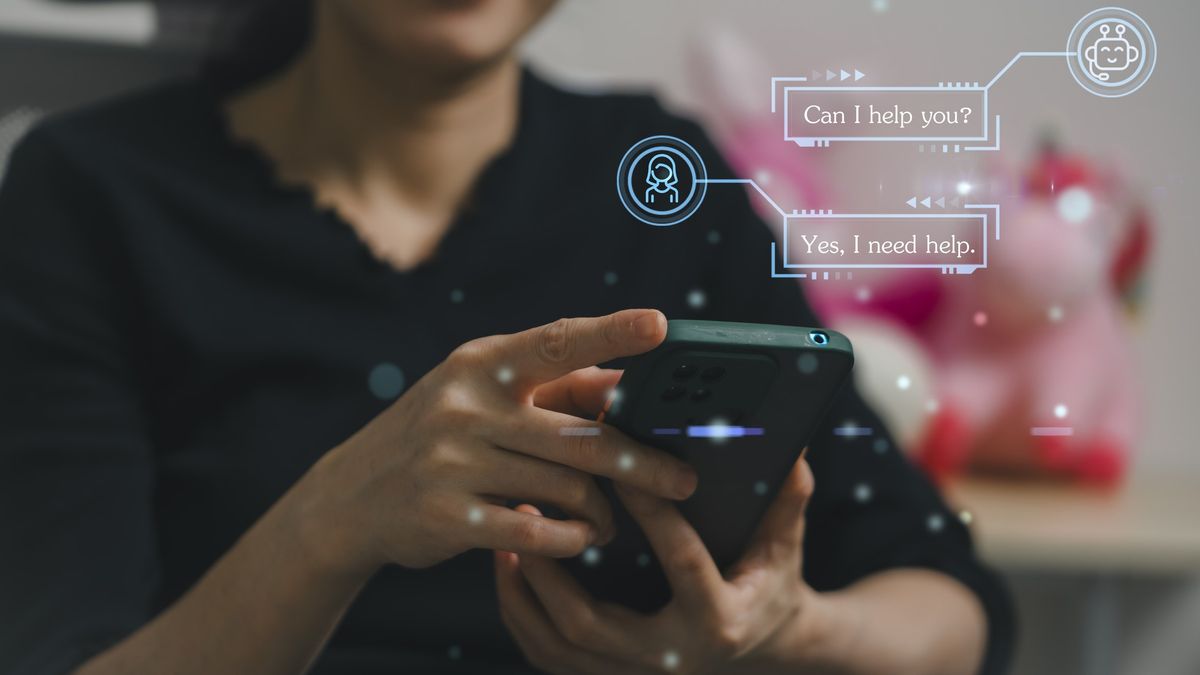The artificial intelligence (AI) revolution is here, and it’s already changing our lives in a wide variety of ways. From chatbots to sat-nav, AI has revolutionized the technological space — but in doing so, it may be set to take over a wide variety of jobs, particularly those involving labor-intensive manual tasks.
But it’s not all bad news: as with most new technologies, the hypothetical advent of artificial general intelligence (AGI) — where machines are smarter than humans and can apply what they learn across multiple disciplines — could also lead to new roles. So what might the job market of the near future look like, and could your job be at risk?
Jobs AI could replace
Data entry
One of the most mind-numbing and tedious jobs around today, data entry will surely be one of the first roles supplanted by AI. Instead of a human laboring over endless data sets and fiddly forms for hours on end, AI systems will be able to input and manage large amounts of data quickly and seamlessly, hopefully freeing up human workers for much more productive tasks.
Telemarketing

You might already have endured robotic calls asking if you have been the victim of an accident that wasn’t your fault, or whether you’re keen to upgrade your long-distance calling plan — but this could be just a taste of things to come. AI services could easily take the work of a whole call center, automatically dialling hundreds, if not thousands of unsuspecting victims to spread the word, whether you like it or not.
Customer service representative

On the friendlier side, AI customer service agents are already a common sight on the websites of many major companies. Often in the form of chatbots, these agents offer a first line of support, before deferring to a human where needed. In the not too distant future, though, expect the AI to take over completely, walking customers through their complaints or queries from start to finish.
Front of house

Restaurant bookings can be a hassle, as overworked staff or maitre d’s try to juggle existing reservations with no-shows and chancers who try their arm at getting a last-minute slot. Booking a table will soon be a whole lot easier, however, with an entirely computerized system able to allocate slots and spaces with ease, and even juggle late cancellations or alterations without the need for anyone to lose their spot.
Voiceover artist

Although image generation has grabbed much of the headlines, AI voice creation has become a growing presence in the entertainment and creative world. Offering potentially unlimited customization options, directors and producers can now create a voice whatever tone, style or accent they require — which is then able to say whatever they desire, without the need for costly retakes or ever getting tired.
Copywriter

Text generation has quickly become one of the most-used aspects of AI technology, with copilots and other tools able to quickly generate large amounts of texts based on a simple prompt. Whether you’re looking to fill your new website with business-focused copy, or offering more detail on your latest product launch — AI text generation provides a quick and easy way to do whatever you need to do.
Website builder

In a similar vein, many of the leading website builder services today offer a fully AI-powered service, allowing you to create the page of your dreams simply by entering a few prompts. From start-ups to sole traders and all the way to big business, there’s no need to fiddle around with templates — simply tell the platform what you’re after, and a personalized website will be yours to customize or publish in moments.
Driver
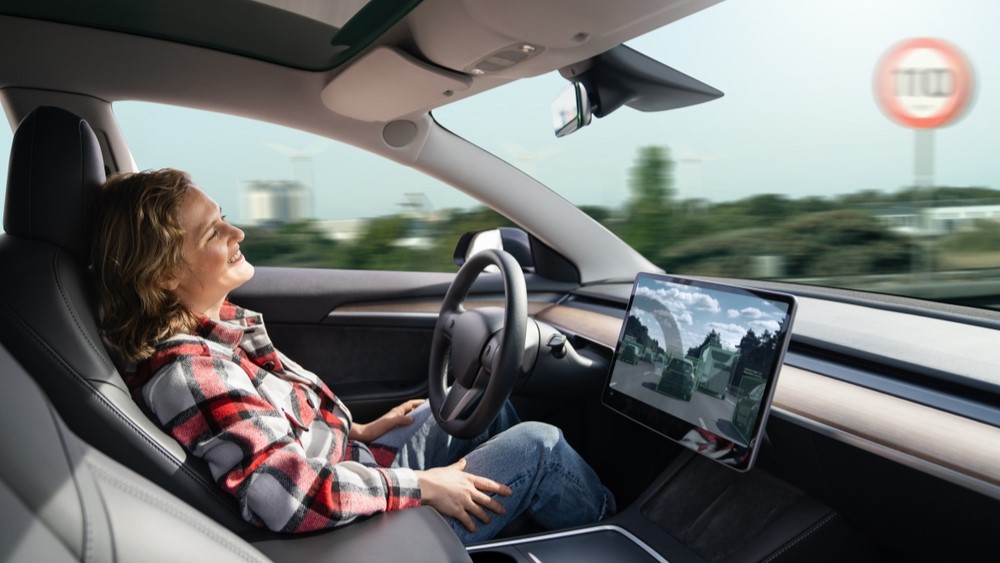
This one may still sound a bit more like the realm of science fiction, but with cars getting smarter by the year, fully AI-powered driving is not too much of a pipe dream any more. Far from the basic autopilot tools on offer today, the cars of the future may well be able to not just operate independently, but provide their passengers with a fully-curated experience, from air conditioning at just the right level, to your favorite radio station.
Accountant
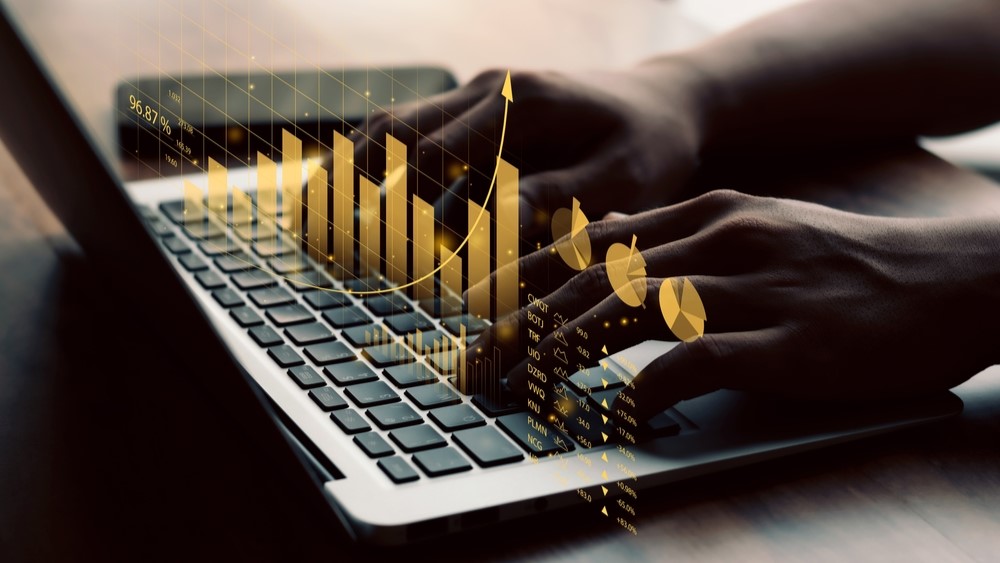
Another position that is based around humans taking in huge amounts of data and creating reports, accounting is set for an AI revolution that could see many roles replaced. No need to spend hours collating receipts and entering numbers into a spreadsheet when AI can quickly scan, identify and upload all the information needed, taking the stress out of tax season and answering any queries or questions with ease.
Paralegal/legal assistant

The legal industry is another one that is dominated by large amounts of data and paperwork, and also one that is dominated by role-specific processes and even language. This makes it another prime candidate for AI, which will be able to automate the lengthy data analysis and entry actions undertaken by paralegals and legal assistants today — although given the scale or importance of the case involved, it may still be wise to have some kind of human element
Receptionist

Signing in for an appointment or a meeting is another job that many believe can easily be done by AI platforms. Rather than needing to bother or distract a human from their job, simply check in on a display screen, with your visitor’s badge or meeting confirmation registered in seconds — allowing you (and everyone else) to get on with your day.
Courier/delivery driver

Similar to AI drivers, autonomous vehicles and robots powered by AI systems could soon be taking the role of delivery people. After scanning the list of destinations for any given day, the vehicle or platform would be able to quickly calculate the most efficient route, ensuring no waiting around all day for your package, as well as being able to instantly flag any issues or missed deliveries.
Proofreader/editor

In a boost to current spell checking tools, it may be that AI systems eventually graduate from suggesting or writing content to helping check it for mistakes. Once trained on a style guide or content guidelines, an AI editor could quickly scan through articles, documents and filings to spot any issues — a particularly handy speed boost in highly regulated industries such as banking, insurance or healthcare — before flagging possible problems to a human supervisor.
Musician
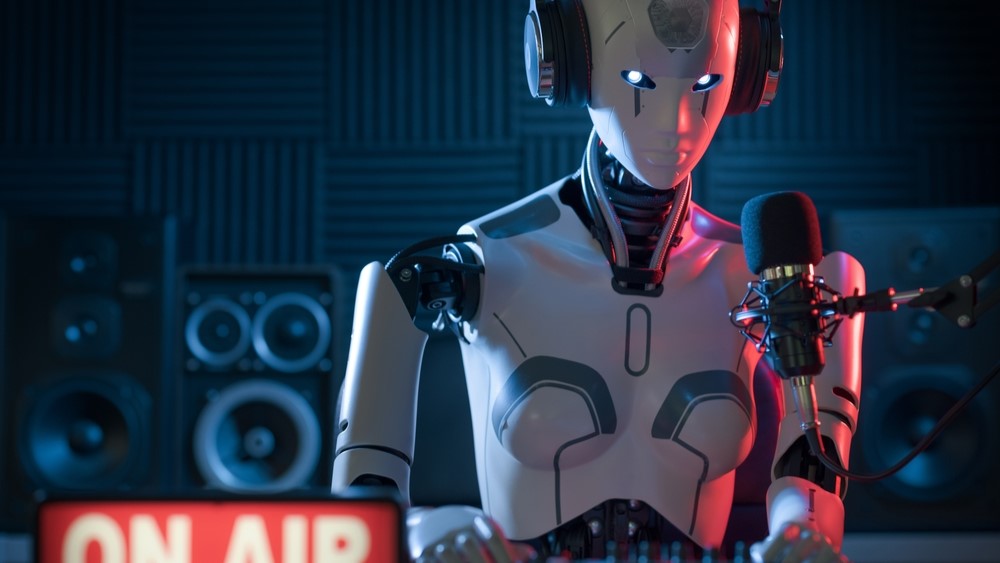
Away from the written word, AI-powered platforms could soon be helping compose the next great pieces of music. Taking inspiration from vast libraries of existing pieces, these futuristic musicians could quickly dream up everything from film soundtracks to radio jingles, once again meaning companies or organizations would no longer need to pay human performers for day-long sessions consisting of multiple takes.
Statistician
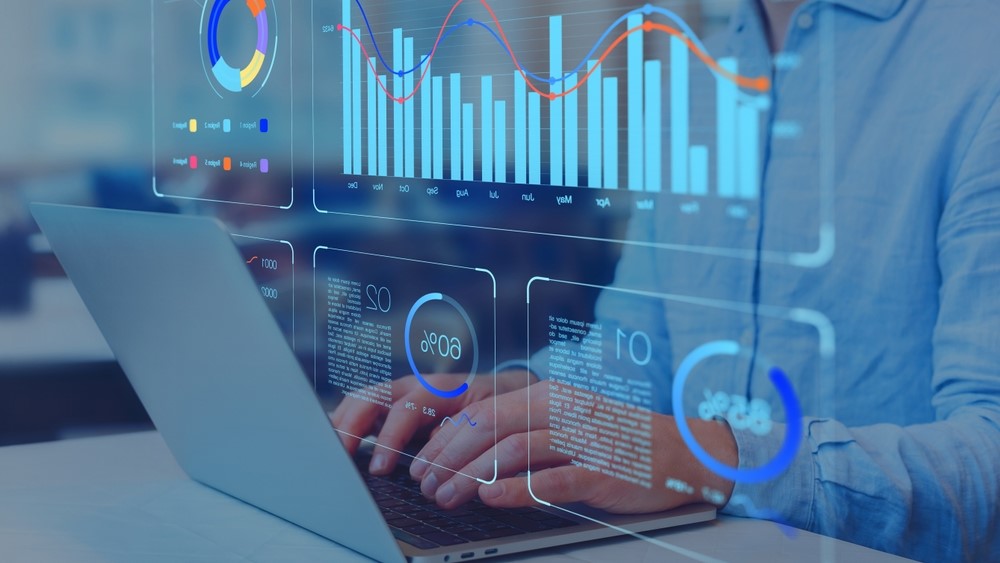
Another area which relies on quickly spotting trends and patterns among huge tranches of data, the statistics field could be quickly swamped by AI platforms. Whether it is at a business level, where companies could look to spot potential growth opportunities or risky situations, all the way down to the sports stats used by commentators and fans alike, AI can quickly come up with the figures needed.
Project manager

A job that has already declined in importance over the past few years thanks to the emergence and widespread adoption of centralized collaboration tools, the role of project manager is another sure-fire target for AI. Rather than having a designated manager trying to keep tabs on the work being done by a number of disparate teams, an AI-powered central solution could collate all the progress in a single location, allowing everyone to view the latest updates and stay on top of their work.
Animator
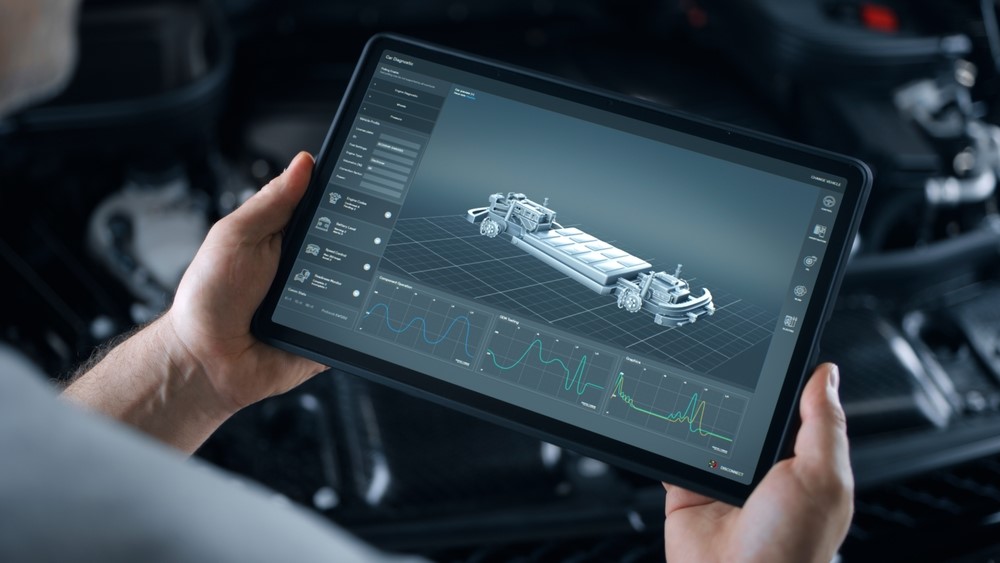
We’re already seeing the beginning of AI taking over the image design and generation space, with animation set to be one of the first fields to feel the effect. As more and more advanced AI programs emerge, creating any kind of customized animation will soon be easier than ever, with production studios able to easily create the movies, TV shows and other media they require.
Graphic designer

In a similar vein to the entertainment industry, creating designs for new products, advertising campaigns and more will doubtless soon be another field dominated by AI. With a simple prompt, companies will be able to create the graphics they need, with potentially endless customization options that can be carried out instantly, with no need for back-and-forth with human designers.
Cybersecurity analyst

Keeping track of potential security risks is another task that could be easily handled by AI, which will be able to continuously monitor multiple data fields and sensors to spot issues or threats before they take hold. Once detected, the systems would hopefully be able to take proactive action to lock down valuable data or company platforms, while alerting human agents and managers to ensure everything remains protected.
Travel agent
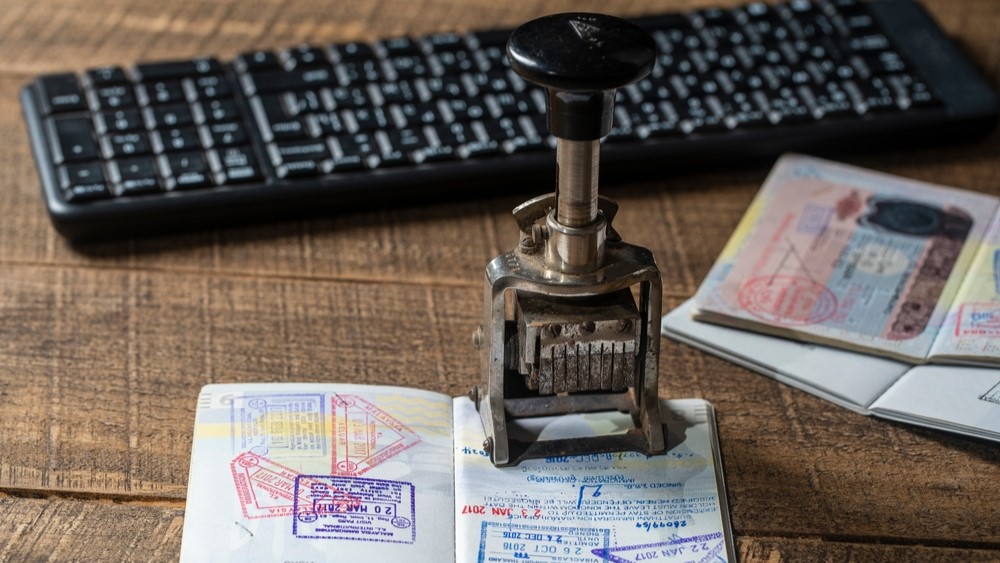
Many of us are perfectly comfortable booking and scheduling our vacations independently, but sometimes you want all of the stress of planning taken off your hands. Rather than leaving it to a human agent, AI travel service platforms could gather all of your requirements and come up with a tailored solution or itinerary exactly sculpted to your needs, without endless back and forth, taking all of the hassle out of your vacation planning.
Insurance underwriter

Making assessments on the viability of insurance applications can be a lengthy process, with agents needing to take into consideration a huge number of potential risks and other criteria, often via specific formulae or structures. Rather than a human needing to spend all this time, AI agents could quickly scan through all the information provided, coming up with a decision much faster and more effectively.
Stockbroker/trader

One final field that is again dominated by analyzing huge amounts of data, past knowledge, and spotting upcoming trends and actions before they happen, stock trading could also quickly become dominated by AI. AI systems will be able to speedily act to make the best deals for financial firms in the blink of an eye, outpacing and outperforming human traders with ease, and possibly leading to even bigger profits.
Jobs AI could create
AI expert/consultant

First, and perhaps most obviously, will be an increase in roles for people looking to advise businesses exactly what kind of AI they should be utilizing. Simply grabbing as many AI tools and services as possible may have a tremendously destabilizing effect on a business, so having an expert who is able to outline the exact benefits and risks of specific technologies will become increasingly important for companies of all sizes.
AI trainer
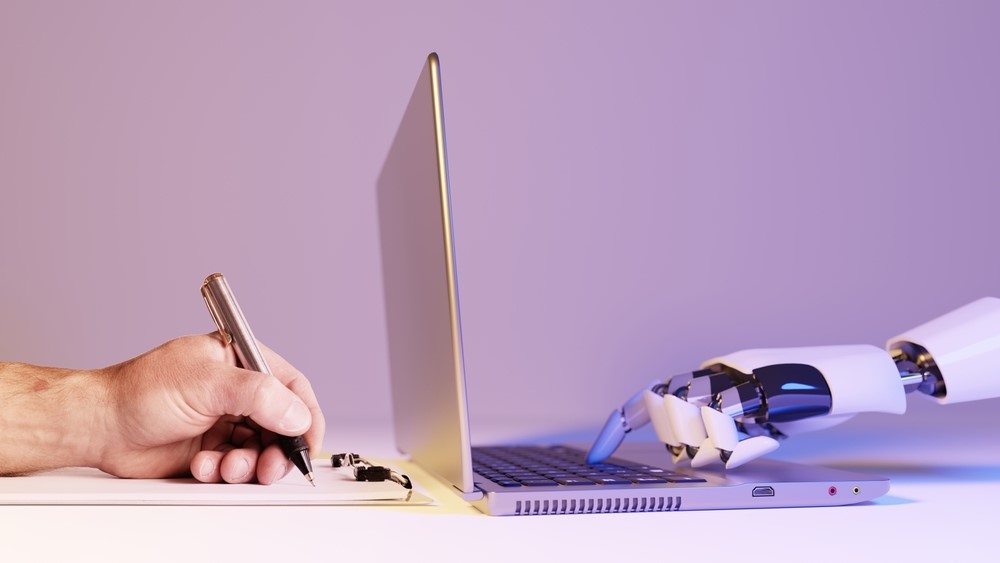
In a similar vein, getting the most out of your company’s new AI tools will be vital, so having trainers skilled in the right services will be absolutely critical. The ability to suggest to workers at all levels what they can utilize AI for will be incredibly useful for businesses everywhere, walking employees through the various platforms and educating them about any possible ill effects.
Prompt engineer

With chatbots and virtual agents becoming the main “entry point” for people encountering AI, knowing just how to communicate with such systems is going to be vital to making the relationship productive. Having experts who know the best way to “talk” to models such as ChatGPT, especially when it comes to phrasing specific questions or prompts, will be increasingly important as our dependence on AI models increases.
AI psychologist
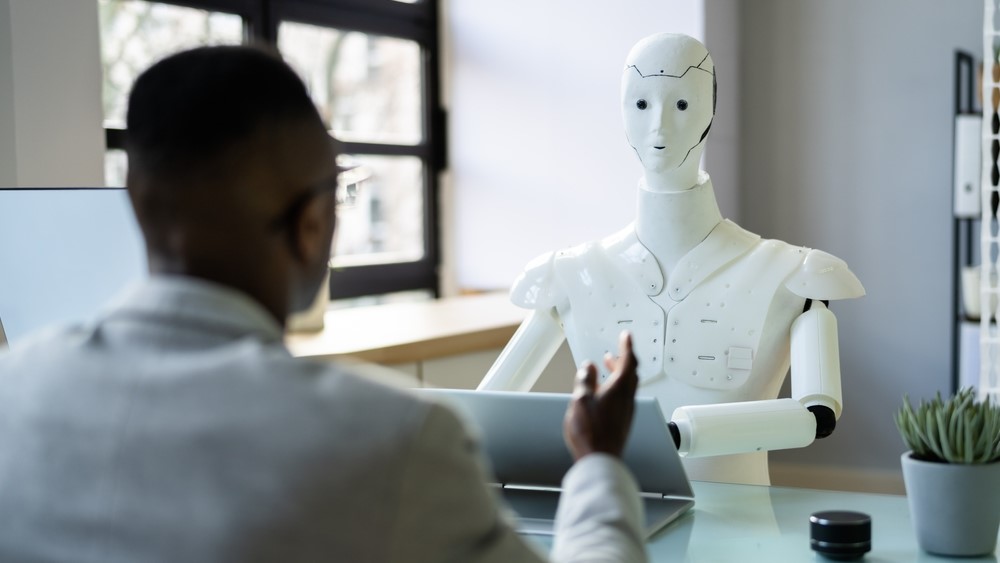
Once we’re happy with how we communicate with AI models, the next big obstacle might be understanding what keeps it “happy” — or at least, productive. We may soon see experts who, much like human therapists, are engaged with AI models to try and understand what makes them tick — including why they might show bias or toxicity — in order to make our relationships with them more effective overall.
AI crisis manager

On the occasion that something does go wrong — whether that’s a poorly worded corporate email, or an advertising campaign that features an embarrassing slip-up — there will be a need for crisis managers who can step in and look to quickly defuse the situation. This may become increasingly important in situations where AI may put sensitive data or even lives at risk, although hopefully such incidents will be rare.
AI lawyer

The next step along from a crisis involving AI agents or systems may be lawyers or legal experts who specialize in dealing with non-human creators. The ability to represent a defendant who isn’t physically present in a courtroom may become increasingly valuable as the role of AI in everyday life, and the risks it poses, becomes more prevalent — especially as business data or personal information gets involved.
AI stress tester
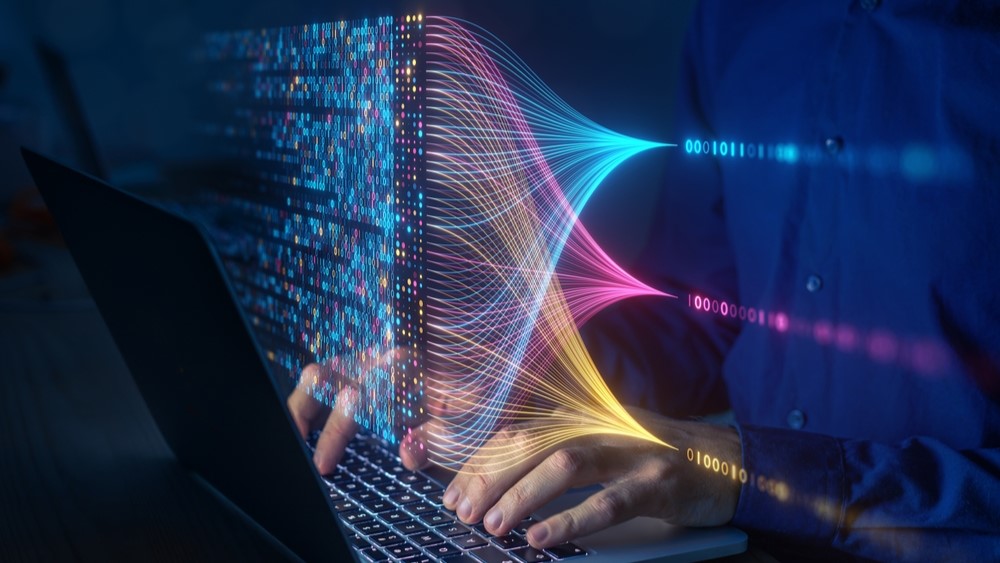
With AI set to push the limits of what can be done with analysis and data processing, it may be that some companies looking to adopt new tools are simply not equipped to handle the new technology. Stress testers will be able to evaluate the status of your tech stack and network to make sure that any AI tools your business is set to use don’t have the opposite effect and push everything to breaking point.
Image/video auditor
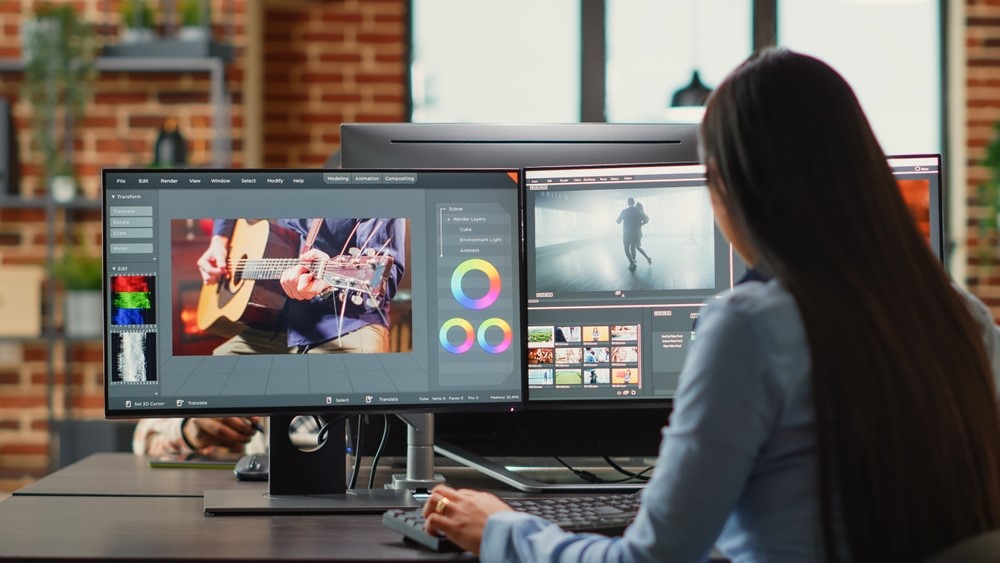
With content creation becoming an increasingly important role for AI, we’re likely to see such images, audio and video appearing more frequently in everyday life. But we’re already seeing backlash against obviously AI-generated content littered with errors, like extra fingers on humans, or nonsense alphabets in advertising. Having a human editor that is able to audit this content and ensure it is accurate, and fit for human consumption, could be a vital new role.
AI proofreader

In a similar vein, AI-generated content may also need a human sense-checking it before it hits the public domain. Similar to the work currently being done by proofreaders and editors on human-produced content around the world, making sure that AI documents flow properly and sound legitimate will be another crucial consideration, and should lead to a growth in these sorts of roles.
“Non-AI” content creator

Finally, despite the efficiency and effectiveness of AI-generated content, there will still always be room for the human touch. Much like we already have “authentic” artists, or artisans who specialize in handmade goods, it may soon be that we have creators and painters who strive for their work to be “authentically human”, setting them apart from the AI hordes.

